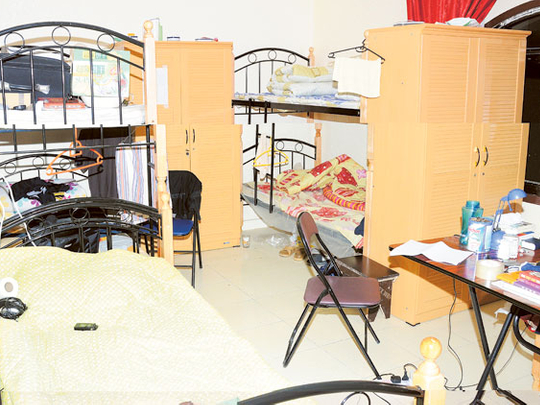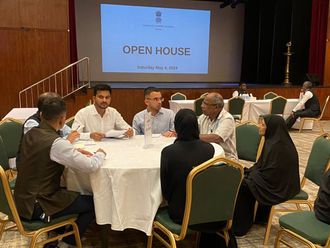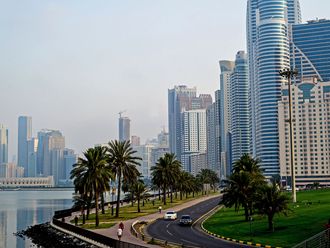
Abu Dhabi: The Municipality of Abu Dhabi City has made it clear that only a single family can reside within each licensed residential unit in the capital.
Residents, however, said that it is getting more and more difficult to afford the steep rents in the city, and attributed this as the reason why many families and are resorting to shared apartments.
“With the removal of the five per cent cap last year, rents have been increasing significantly. And if the breadwinner in a family does not receive housing rent allowances from his employer, it is quite impossible to pay the rent on one’s own,” K.J, a 51-year-old administrative assistant from Bangladesh, told Gulf News.
The father-of-three shares his family’s three-bedroom apartment with two other families.
“The rent increased by Dh10,000 over the last year alone, and we must pay Dh80,000 per annum. With children’s school fees and rising prices for essential commodities, the stipulation that only one family can be accommodated in a residential unit seems far removed from the reality on the ground,” K.J. added.
The municipal regulations are outlined in Law No No. (1) for 2011 governing the occupancy of residential units, the Municipality yesterday (Sunday) urged people to report cases of crowding.
Like K.J., other Abu Dhabi expatriates said there were not enough affordable units in the city so that families could live on their own.
“The rent cap removal is likely to force more people to share their living spaces, especially since not everyone gets paid enough to be able to afford an entire apartment. My husband and I share a two-bedroom apartment with another family, but even then we are worried that if the rent increases further, we may have to move out,” said M.P., a Filipina store manager who lives near Hazza Bin Zayed Street.
“I have heard that rents have doubled in the suburbs. Where can families move then if they cannot even share apartments?” K.J. added.
Ahmed Fadel Al Mazroui, director of external centres at the Municipality, said that people should understand the health and safety risks of living in crowded neighbourhoods and buildings.
“Moreover, tenants should not be taken in by lessors who try to exploit them,” he added. Al Mazroui was referring to many lessors who partition leasable units without a municipal license, and sub-lessors who rent properties out to more than one family.
In addition to a single family guideline per unit—which applies to leasable apartments, villas in a compound, villa apartments and standalone residential villas, the municipal regulations ban the unlicensed partitioning of leasable units, as well as occupying properties for which partial or complete demolition permits have been issued. In addition, owners cannot rent building on their farms to tenants.
While bachelors and single individuals can stay in apartments or detached residential villas, the number of occupants in each room must not exceed three members.
The statement added that the Municipality would continue to conduct regular inspections to detect violations.












